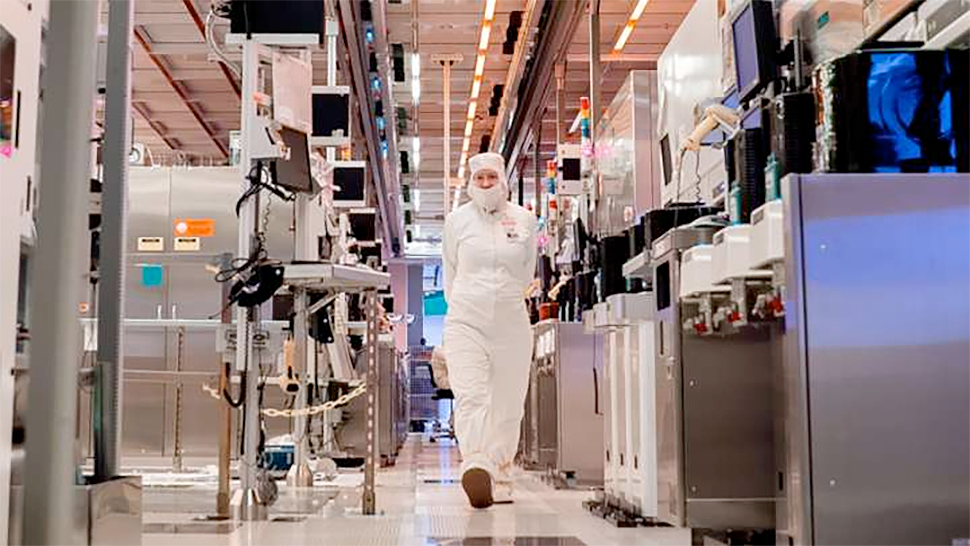
Intel Foundry Services to Produce 3nm Chips for Major Datacenter Customer
One of the least noticed highlights of Intel’s earnings call this week was the announcement that its Intel Foundry Services contract chipmaking division landed an order from a major “cloud, edge, and datacenter solutions provider” for producing chips on Intel 3 production node. While this is a significant win for IFS, problems linger, as the Chinese antitrust agency has suspended its review of the Intel-Tower transaction.
A Major Win
“I am very happy that we were able to add a leading cloud, edge, and datacenter solutions provider as a leading-edge customer for Intel 3,” said Pat Gelsinger, Intel CEO. “Including prior customers such as MediaTek, we now have a lifetime deal value of greater than $4 billion for IFS.”
The company has always tailored its Intel 20A and Intel 18A (2nm and 1.8nm-class, respectively) for its foundry customers. In contrast, its current and upcoming Intel 7 (10nm Enhanced SuperFin), Intel 4 (7nm with EUV), and Intel 3 (7nm+ with EUV) nodes were designed primarily with Intel in mind. So winning a major customer with Intel 3 — which is set to be production ready in 2024 — is clearly an achievement for the processor giant.
Meanwhile, it is possible that Intel will be producing a semi-custom version of its Xeon processor for a major client, just like it envisioned when announcing its IDM 2.0 business model a little less than two years ago.
Intel’s IFS has been steadily gaining momentum. The foundry unit has already signed Qualcomm and Amazon Web Services (AWS) as initial customers and won a contract from the U.S. Department of Defense. In addition, Intel says it is actively working with many of the largest fabless chip designers on specific engagements, which is quite an achievement for a contract chipmaker that has been in the business for less than two years.
“We also have an active pipeline of engagements with seven out of the 10 largest foundry customers coupled with consistent pipeline growth to include 43 potential customers and ecosystem partner test chips,” said Gelsinger. “Additionally, we continue to make progress on Intel 18A, and have already shared the engineering release of PDK 0.5 (process design kit) with our lead customers and expect to have the final production release in the next few weeks.”
A Major Bump
However, not everything is rosy for Intel Foundry Services. The proposed $5.4 billion acquisition of Tower Semiconductor, a specialty foundry with a vast portfolio of clients, has hit a bump. According to Seeking Alpha, China’s State Administration for Market Regulation (SAMR) suspended the clock in its review of the transaction.
It is believed that Intel will not invest in its Chinese operations as U.S. authorities prohibit investments in China for companies that receive money or other benefits from the CHIPS fund. Meanwhile, if the deal is not approved by SAMR, it will not move forward.
Intel needs Tower to gain an experienced foundry executive team and a huge portfolio of clients. In fact, the former head of IFS already stepped down back in November as Intel planned to close the deal in Q1 2023. Now that the deal cannot close, IFS is operating without a head, which is not particularly good for business. However, Intel remains optimistic about the Tower buyout.
“In addition, we are working hard to complete the Tower acquisition, which will further amplify our momentum as our foundry business becomes even more compelling to customers,” said the head of Intel.

